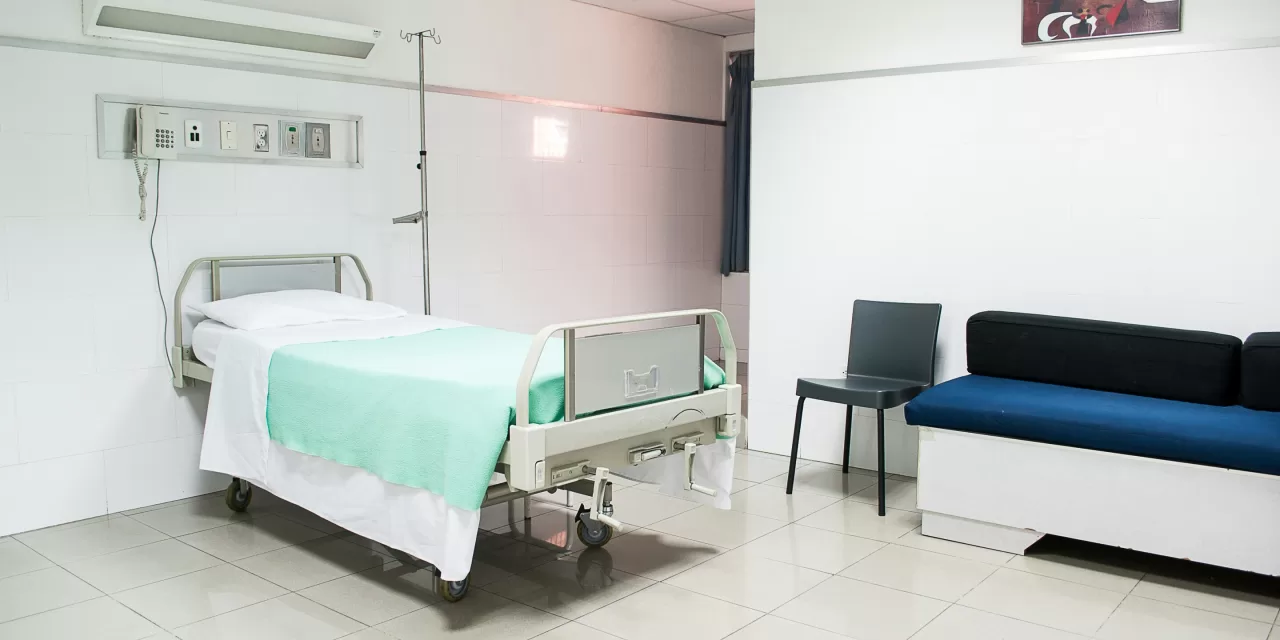A new study led by the University of Portsmouth, in collaboration with Portsmouth Hospitals University NHS Trust, has revealed that the Hospital Frailty Risk Score (HFRS)—a tool originally designed to assess frailty in older patients—can be used effectively to predict extended hospital stays for patients of all ages. This breakthrough could help healthcare providers manage resources more efficiently, reduce pressure on hospital beds, and lower healthcare costs.
The research, published in PLOS One, analyzed patient records from Queen Alexandra Hospital in Portsmouth, spanning from 2010 to 2018. The study, carried out by Ph.D. student Huda Kutrani and supported by data scientists from the University’s Centre for Healthcare Modelling and Informatics and the Artificial Intelligence and Data Science Centre, found that the HFRS was a more reliable predictor of long hospital stays, particularly for those lasting longer than 21 days. The scoring system proved effective for patients aged 44 and above, though it was also beneficial for younger adults in numerous cases.
“The ability to identify patients at high risk of prolonged hospital stays allows healthcare providers to allocate resources more effectively, which is crucial in improving patient outcomes and reducing strain on hospital systems,” said Huda Kutrani. “By integrating the HFRS into routine assessments, we can better prepare for extended stays, leading to enhanced care and reduced costs.”
The study’s findings challenge the conventional use of the HFRS, which was initially designed to predict frailty risks in older adults. The research demonstrates that the score could be applied more broadly to all adult patients, ensuring that those at risk of extended stays receive the necessary support in a timely manner. The application of this tool could also address healthcare inequities, providing more equitable care across age groups.
Professor Jim Briggs, Director of the University of Portsmouth’s Centre for Healthcare Modelling and Informatics, emphasized the significance of this research. “Extending the use of HFRS beyond the elderly helps ensure that patient care is tailored to the needs of every adult, not just the very elderly,” he said. “Our work also underscores the importance of big data analysis in improving patient care and hospital efficiency.”
This research comes at a time when the UK’s National Health Service (NHS) faces growing pressure from an increasing number of patients staying in hospitals for more than three weeks. It is estimated that 350,000 patients each year stay in acute hospitals for extended periods, and frail in-patients often experience longer stays, leading to higher healthcare resource utilization.
The researchers hope that their findings will encourage hospitals across the UK to adopt the HFRS more widely, offering the potential to streamline hospital operations and improve patient care. Further studies will be required to explore the integration of this system into daily hospital practices, ensuring that the benefits are maximized.
Claire Spice, from Portsmouth Hospitals University NHS Trust, highlighted the value of such tools in improving care for frail patients. “Identifying frailty early in the hospital setting allows us to meet the clinical needs of patients more effectively. Automated measures, like the HFRS, can help identify at-risk patients quickly, ensuring consistent care delivery.”
The study represents another important collaboration between the University of Portsmouth and Portsmouth Hospitals University NHS Trust. Last year, the two institutions teamed up to develop an AI model to predict which dialysis patients are at risk of intradialytic hypotension, a common and painful complication in kidney failure treatment.
The success of these partnerships is a testament to the growing role of data science and artificial intelligence in improving patient safety and hospital efficiency. Professor Briggs concluded, “We believe our research has made hospitals safer, and we’re excited to continue building on these advancements.”
Disclaimer: This article is based on research findings published in PLOS One and reflects the views of the authors involved. The findings should be interpreted in the context of further studies, and adoption of the Hospital Frailty Risk Score may require additional evaluation for different patient populations and healthcare settings.












